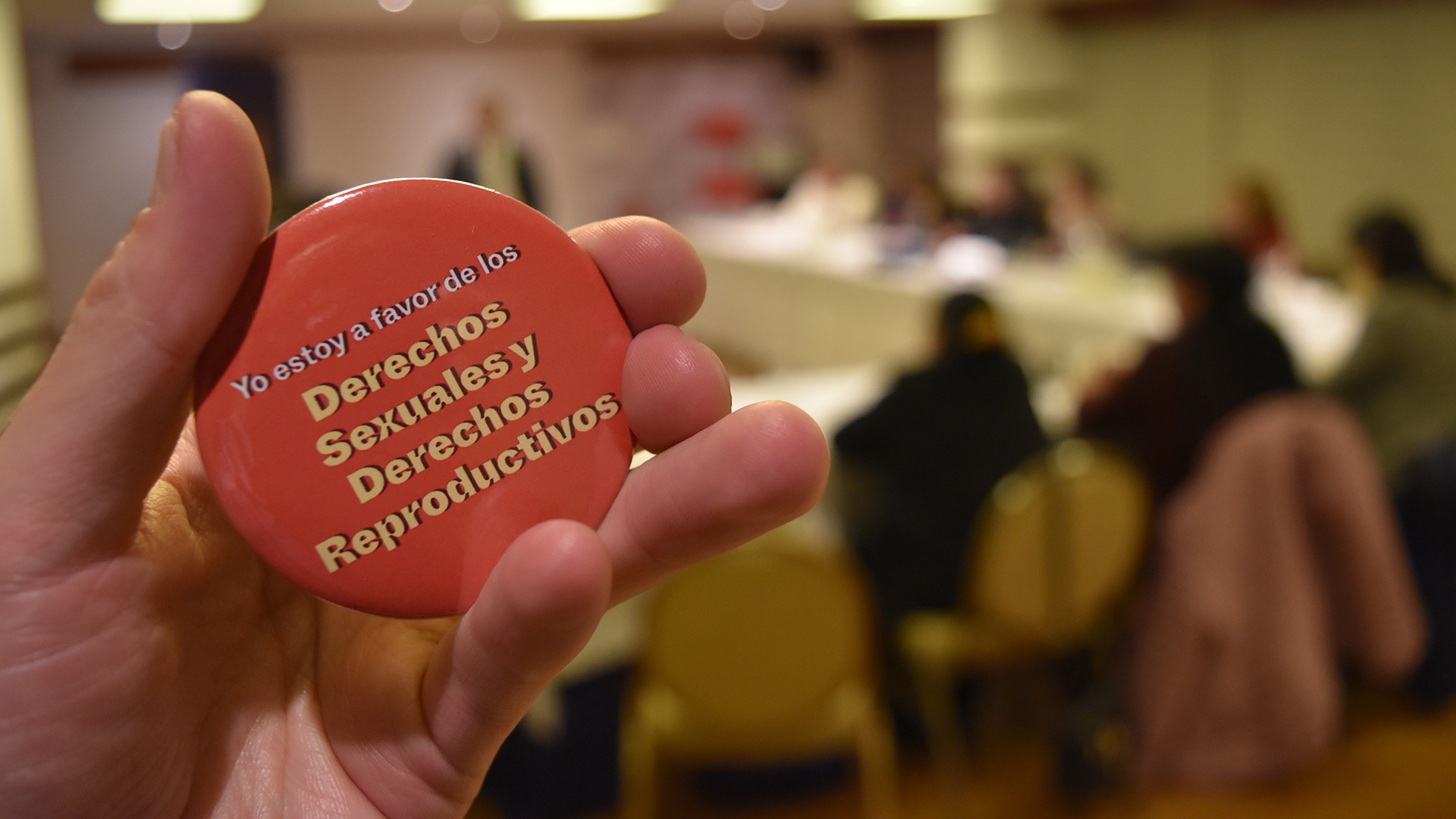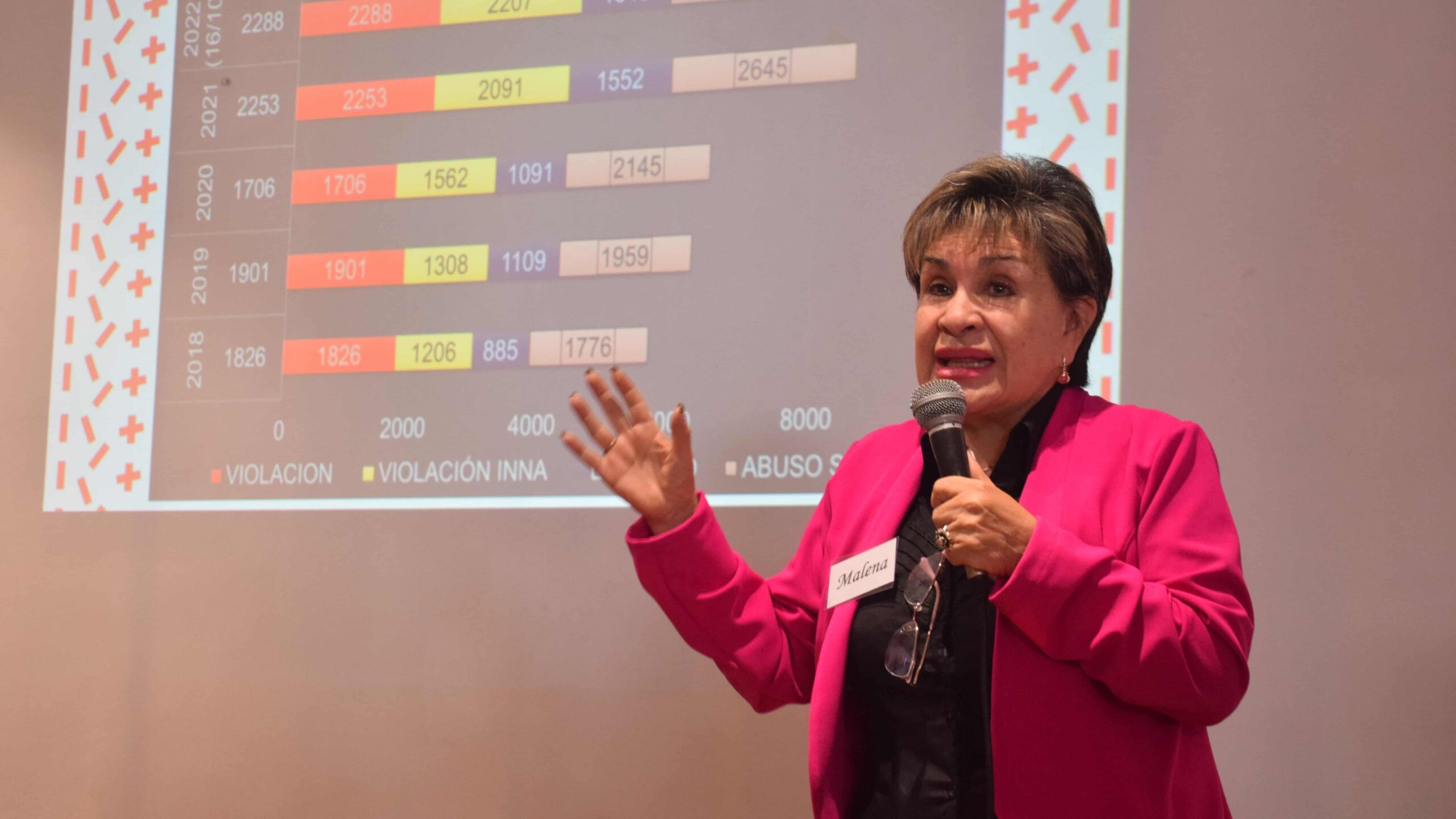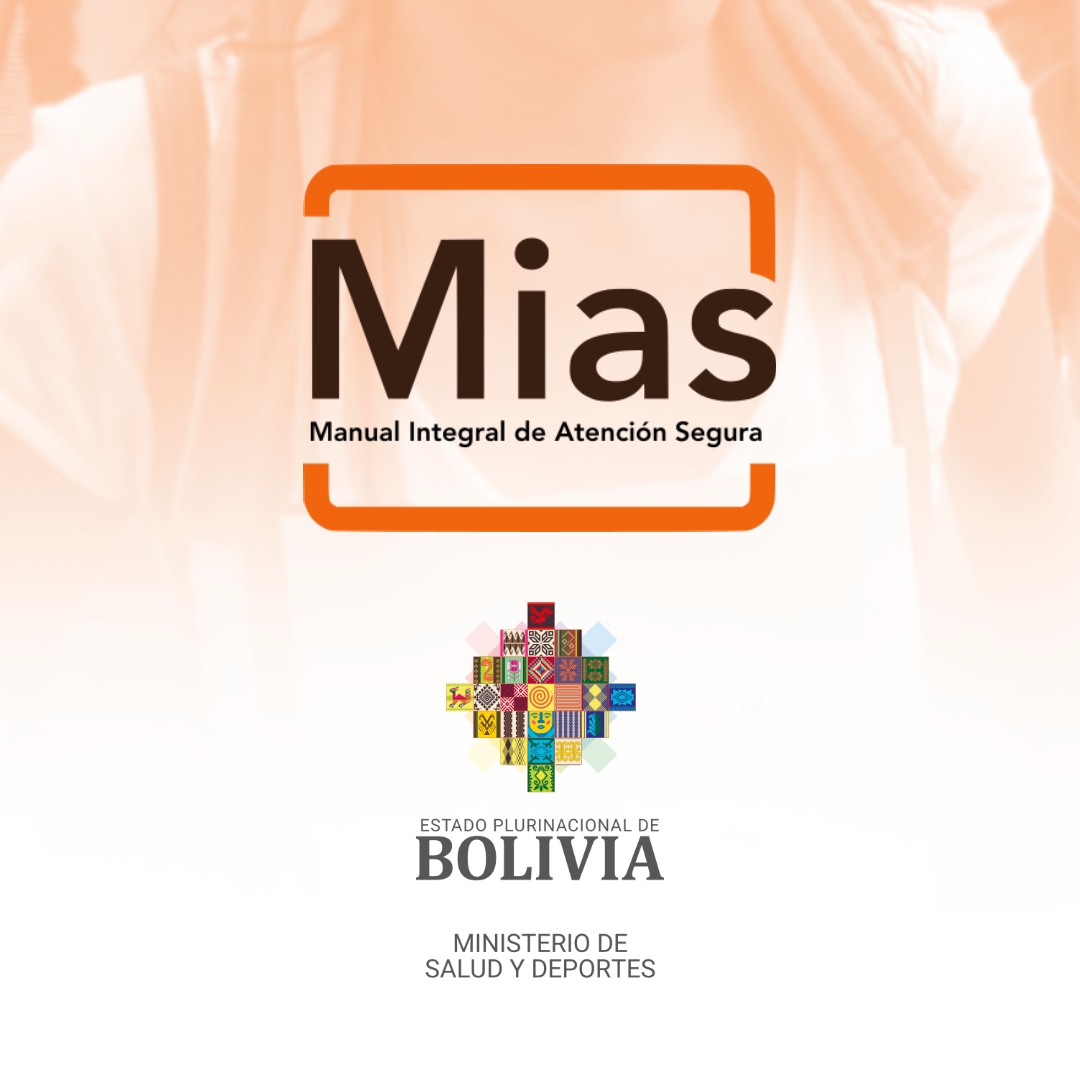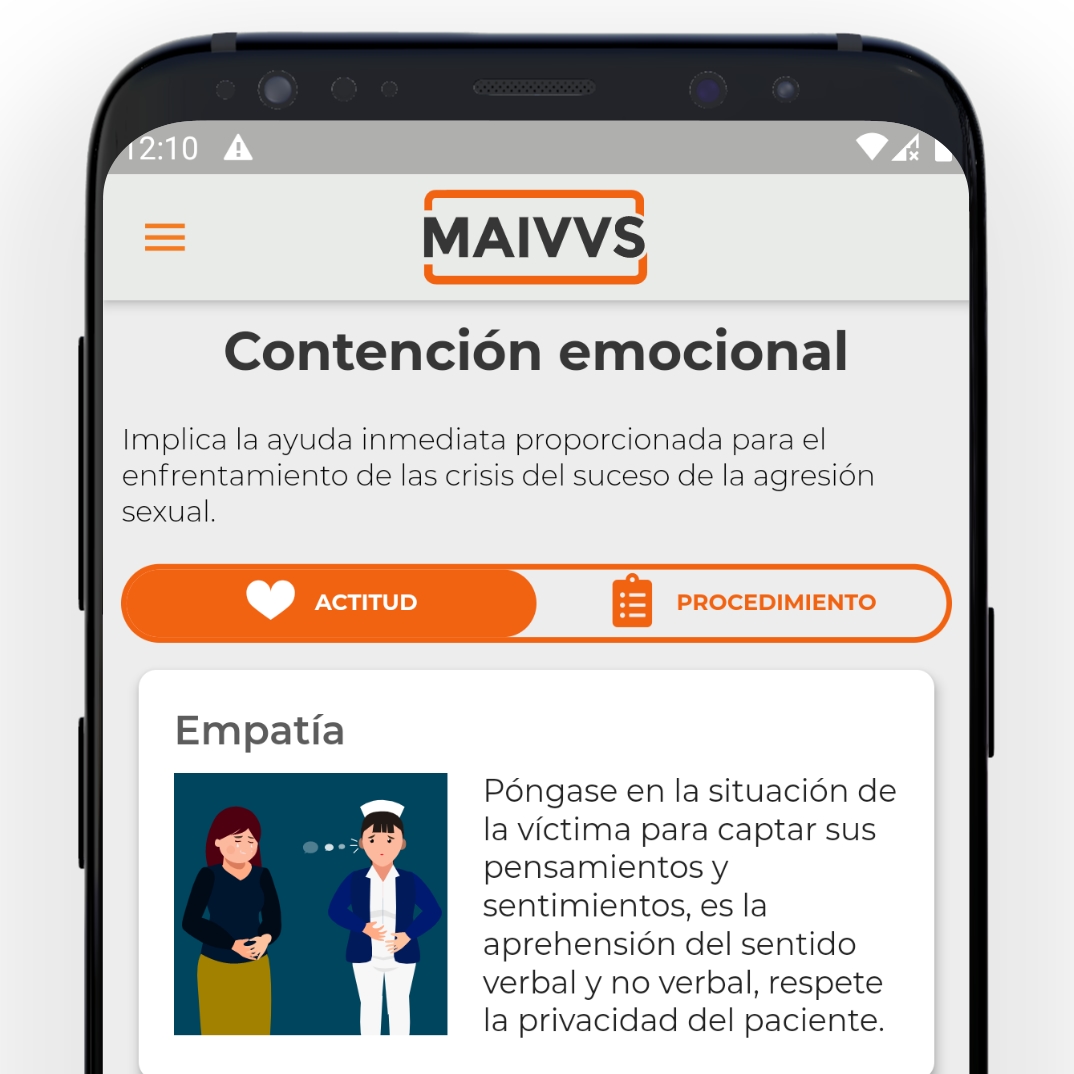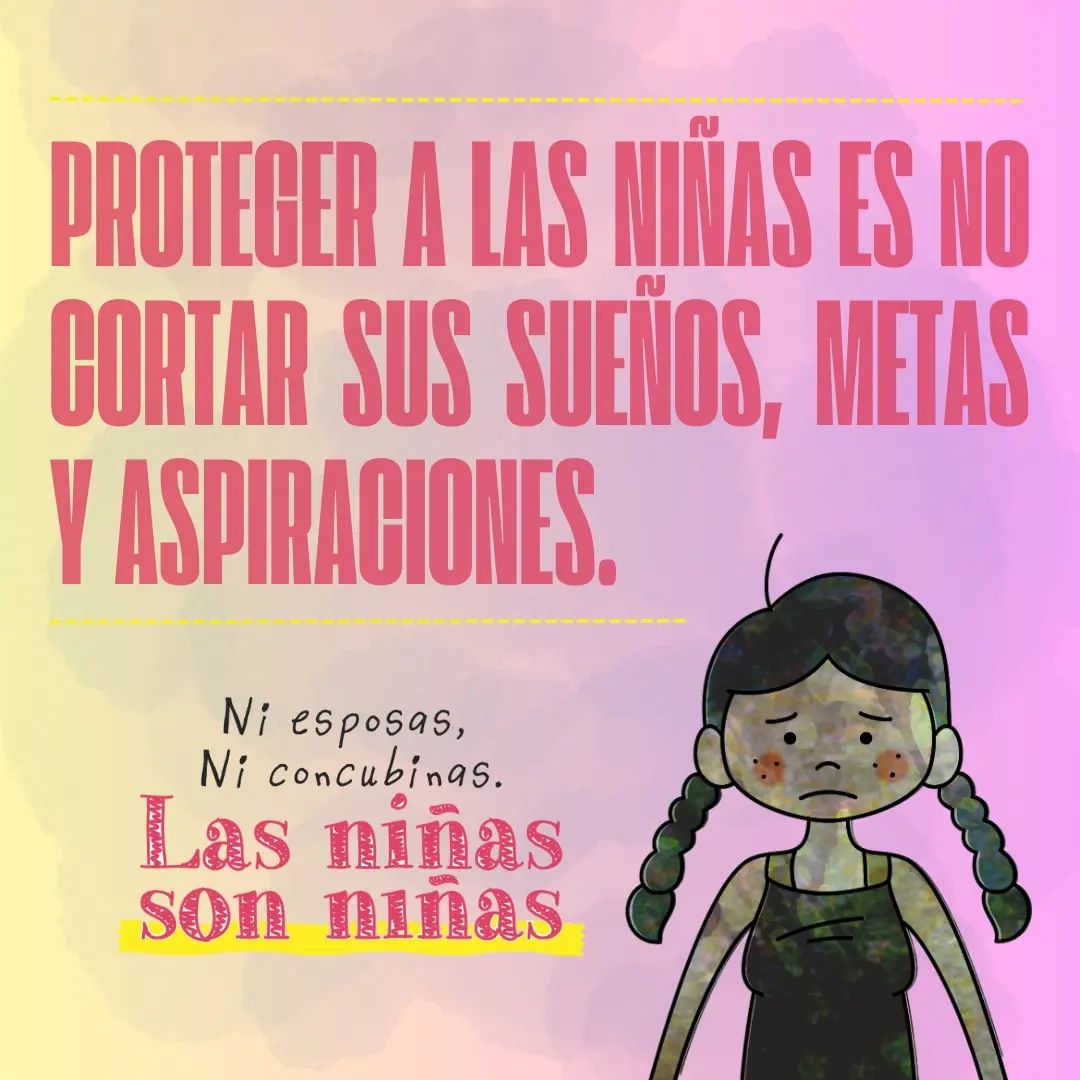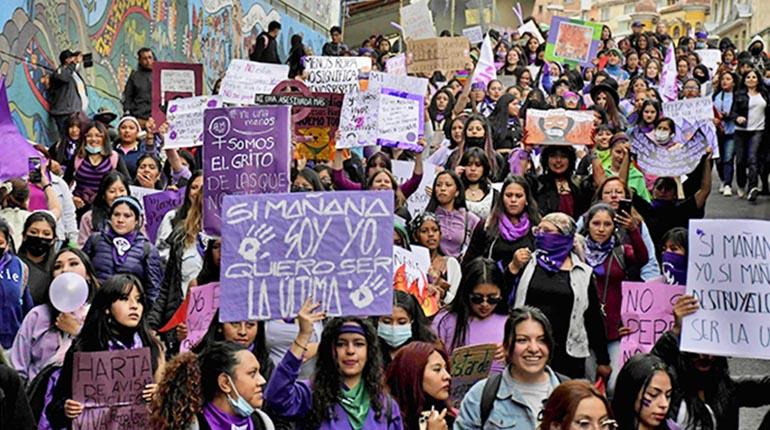After 11 years of Law 348, the regulation is in the eye of the storm due to the fact that there are sectors and authorities that maintain that this regulation is used maliciously against men, an aspect that is rejected because they consider that the observations come from misogynist and macho groups. Another argument is that, despite the validity of this legal body, violence and femicides remain at high levels.
“Law 348 is an emerging regulation of a whole process of construction of women’s struggle that dates back several decades. We cannot reproduce patriarchal discourses that demerit this struggle. This type of assertions that basically reproduce male violence must be dismantled,” said the Ombudsman, Pedro Callisaya Aro.
Regarding false denunciations as one of the arguments to modify the law, the Ombudsman recalled that the legal instrument, in its Article 100 (false denunciation or accusation), the norm establishes: “Whoever has been falsely denounced or accused as author and/or participant in the commission of a crime contemplated in the present law may initiate the corresponding action, with the prosecutorial resolution of rejection of the denunciation or dismissal, or concluded the process with an executed acquittal sentence.”
Extreme violence
Since the enactment of the Comprehensive Law to Guarantee Women a Life Free of Violence in 2013, Bolivia has registered, so far this year 2024, around 1,100 femicides, and 2018 was the year with the highest number of deaths of women, with 130.
According to the data, in 2013 there were 26 femicides, although it is maintained that there were 31.
In 2014, there were 77; in 2015, 110; in 2016, 11; in 2017, 109; in 2018, 130; in 2019, 117; in 2020, 113; in 2021, 108; in 2022 down to 94; and in 2023 down to 81.
So far in 2024, the number of femicides has reached 16 in the first quarter, although officials from the State Attorney General’s Office report that there has been a decrease in cases compared to previous years: in the same period of 2023 there were 24, in 2022 there were 22 and in 2021 there were 31.
According to the Economic Commission for Latin America and the Caribbean (ECLAC), the rate of femicide or feminicide per 100,000 women in Bolivia is 1.5 in 2023.
In this context, political scientist Patricia Velasco Burgos points out that “some aspects of the law, such as prevention, reparation and effective attention, among others, have not yet been fully complied with”.
He points out that this is the second time that there is talk of modifying Law 348, first under the umbrella of the Executive, which was to be promoted by the Minister of Justice. Now the debate arises around a proposal of Senator Patricia Arce (MAS), who refers that she has complaints of abuses in the application of the law against men.
The President of the Senate, Andronico Rodriguez, appropriates this argument, referring to it as an “anti-men law”, which destroys families.
“In any case, if you think about modifications, you have to think that this law serves to specifically protect women, access to prompt and efficient punishment for aggressors, prevention of violence against women, the need to understand the care services for victims of violence as essential services, among others,” says Velasco.
Meanwhile, the head of the Women’s Human Rights Unit of the Ombudsman’s Office, Bolivia Sanchez, assures that, behind the statement that “Law 348 is destroying the family”, “there is the idea that violence is a private matter, that women who denounce their rapists must remain silent so as not to destroy their family, perpetuating gender roles”.
Reports of violence
On the other hand, Velasco Burgos points out that there are no laws or sanctions to put an end or put a stop “to violence against women”, an aspect that is reflected in the number of cases of violence in the month of March of this year.
According to official data, from March 1 to 31, 12,541 cases of gender crimes were recorded.
Of these, the largest is family or domestic violence, which reaches 9,624.
Meanwhile, the Coordinadora de la Mujer reports that crimes related to Law 348 in the period from 2013 to 2023, reaches 432,265 in Bolivia. Santa Cruz and La Paz are the departments with the highest number of cases: 138,376 and 105,814, respectively.
Law 348, which fights against violence against women, has been subject to an attempt of modification since November 2020, proposed by the Executive Branch, and now a new proposal for its change is being presented.
The highest femicide rate in Bolivia. According to ECLAC, Bolivia, in 2018, registers the highest rate of femicide or feminicide per 100 thousand women: 2.3. The period of analysis is from 2015 to 2022.
Crimes of gender violence. The crimes are abortion, miscarriage, forced abortion, preintentional abortion, abortion followed by injury or death. There are also sexual harassment, abusive sexual acts, statutory rape, serious and minor injuries, habitual practice of abortion, kidnapping, abduction of a minor (…) rape, economic violence, family violence, patrimonial violence.

